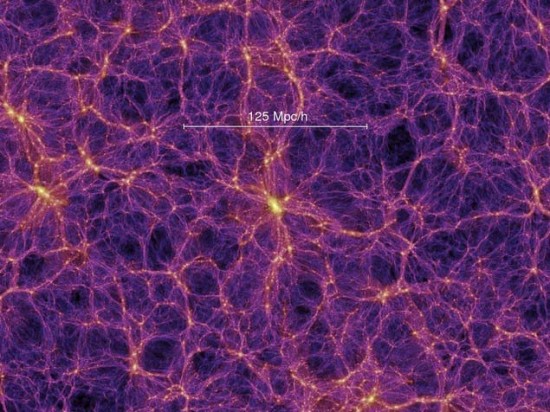Thorgalaeg
Deity
Yeah, we are the best at it! Funnily enough in space strategy games there is always an altogether evil alien race usually called the swarm or something like that whose only purpose is to devour planets and consume everything, when in reality we are the actual swarm. We are still in larvae phase though, struggling to get out of this gravity well, but if we survive and finally success, we will spread, oxidate, decay and mess the universe up as much as we can!We're currently seeking to export fission and fusion technologies to the galaxy, so we're not just speeding up the breakdown of chemical energy! We're literally speeding the total decay!

Last edited:


